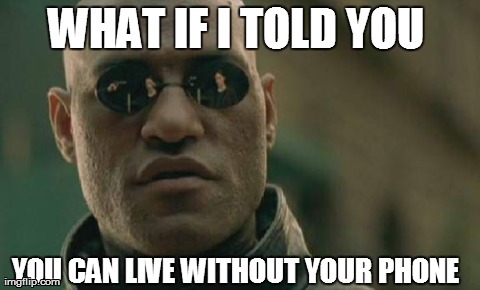“She would have wanted you to be there,” said the girl with a beautiful smile beneath her big nose.
I looked at her, and then at the photo of the face that I had been cracking jokes with for the past 11 months, “Are… are you sure it was her?” I said, feeling like a total idiot after I heard the question exit my mouth.
She gave a sheepish smile and nodded, “She was my sister.”
I gave her an awkward side hug, “Sorry for your loss.”
I walked outside holding the piece of paper of my friend sat against the wall, and felt the cloud of cigarette smoke engulf my nostrils, “Well…” and let out a string of profanities.
The entire wall of kids stared at me with a silence that I’m sure could be heard from Jupiter. One girl with a bunch of face piercings came over and looked at the paper in my hand, “Oh no… not Binky.”
A pile of street kids flooded over and stared. Even though throng of people were on that street corner, the silence in the shelter seemed to drown out everything within a five mile radius.
“Dammit…” said a one girl as she brushed back her pink hair, “First Pockets, then Renu, and now this…” she inhaled her cigarette like medicine, “That’s that third one THIS MONTH…”
We all exchanged the same looks of confusion and anger.
One kid blurted out, “Well, time to get high.”
“Don’t do that,” I protested.
She didn’t move, “I’m not going to do anything stupid. I’m just going to go to my friend’s house, go get high, and play Nintendo. Seriously, I could do worse things.”
My mentor, a bearded man who had known the kids longer than I had been living my faith, looked at her, “You swear that’s all you’ll do?”
She sniffled and nodded.
“Okay, sweetie… go get high. Please be careful.”
I gave him a quizzical look, “Seriously?”
He shrugged, “Everyone grieves differently. At least I know she’ll be safe for a few days.”
Grief is a strange bird.
**
The smell of beer hit me in a wave as I came into the pub. I tried not to flinch as I took my usual Friday night spot. I stared at the cigarette burns in the nice wooden finish of the bar.
“Well, hey… if it isn’t Jesus,” said the beautiful red-headed barkeep with a thick Irish accent.
“Oh… hey,” I said.
“Shit man…” she said, “You look like you got hit by a truck. What the hell is with you?”
“It’s… it’s nothing… rough day at work…” I pulled out the small wad of bills of my dirty jeans, “I don’t have much, so I think just have one beer. A big beer. A big ol’ beer.”
She smiled, “Well, what kind? We got Guinness, Smithwicks…”
I gave her a grave look and pointed to the wad, “The biggest that can buy.”
She placed a frosty glass in front of me, “Jesus man… slow down…”
I wiped he foam mustache from my philtrum, “Sorry… I just…”
She gave me a smile, “You weren’t kidding about the day at work. Tell you what, I’ll give you another, on the house, if you promise you’ll drink it SLOWLY this time… okay?”
I nodded.
She slid the mug across from me and held a shot up, “How ‘bout a toast? A toast to me? Wait wait… I got a better idea… A toast to Jesus?” she teased.
I held up my glass high, “No…” I said. I watched her look go from mocking to curious as I toasted, “To understanding…”











